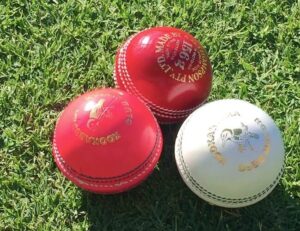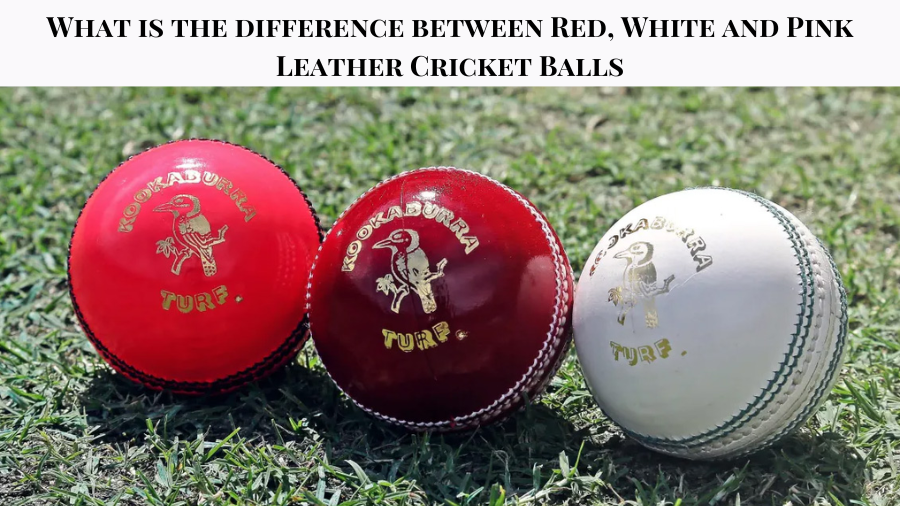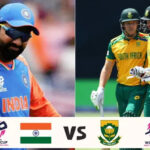What is the difference between Red, White and Pink Leather Cricket Balls
It is likely that all of you have noticed the shift in the playing circumstances across all game formats, including test and white ball. It’s clear that the structure and regulations have an impact on how players interact with the game. In a test match, the hitters must adopt a more defensive mindset and play slower than in a limited-overs game, where they must take more chances in order to score runs quickly. However, how does the advantage of bowlers alter with every format change?
The leather balls used in each configuration hold the solution. While other limited overs formats utilize a while leather ball, Test Cricket employs red or pink leather cricket balls. But what makes each ball unique, and how does that affect the way the game is played?
In this article by ZAP, let’s find out the What is the difference between the Red, White and Pink Leather Cricket Balls
What is the Differences Between the Red, White and Pink Leather Cricket Balls:


Materials Used:
Three main materials are used to create leather cricket balls: leather, string, and cork. Cork is used to make the ball’s core, which gives it the required stiffness. High-quality string is securely wound around this cork core to form the ball’s spherical shape. The ball’s covering is made of four pieces of leather that are painstakingly stitched together to form the outer layer.
Dyeing Process and Colour Variations:
Red Balls: During the manufacturing process, red leather balls are colored with a red hue dye, giving them their eye-catching cherry red color that gleams brightly in test matches under the sun.
Pink Balls: In contrast to the red balls’ production procedure, Pink Leather Balls are made of vivid pink pigment applied to the surface, which is subsequently covered in a polyurethane (PU) layer to prevent abrasions.
White Balls: The leather used to make white balls has been tanned with alum, making it more resilient to abrasions. After that, it is polished and stained white to make it shine brighter than the other two deliveries.
Use in Various Formats and Conditions:
Red Balls: Since the beginning of cricket, red leather cricket balls have been used in test and first class matches because of their eye-catching red appearance in the sun.Particularly in the first 15 overs, these balls offer exceptional bounce and swing; however, they typically begin to swing in the opposite direction around the 40th over.
White Balls: These balls are intended for use in Twenty-20 and One-Day cricket matches where excellent vision is required due to floodlights. Additionally, they are made so that, for at least 50 overs, the batsman’s heavy striking will not cause them to change size or shape.
Pink Balls: Specially made pink cricket balls are used for day-night Test matches. Even after 40 overs, they still have outstanding swing and bounce, which makes them appropriate for longer game styles.
Performance and Visibility:
Visibility: Red and white balls are not as visible under floodlights as pink balls are. In contrast, white balls make a striking visual impression when watching day-night matches on television.
Performance: Pink balls continue to have outstanding swing and bounce after 40 overs, whereas red balls have tremendous swing and bounce throughout the first 40 overs. Although white balls are recognized for their fluid motion and swing, they quickly lose their swing.
Durability and Longevity:
Red Balls: In Test matches, these balls are known for their longevity and may endure for at least 80 overs.
White Balls: White cricket balls decompose more quickly than red balls, despite the fact that they are incredibly resilient and can survive the willow’s incredible blows to them.
Pink Balls: These balls are incredibly strong and have a longer color retention period. They work well for cricket matches in both limited overs and Test formats.
Here are the “What is the difference between Red, White and Pink Leather Cricket Balls”






Leave a Reply